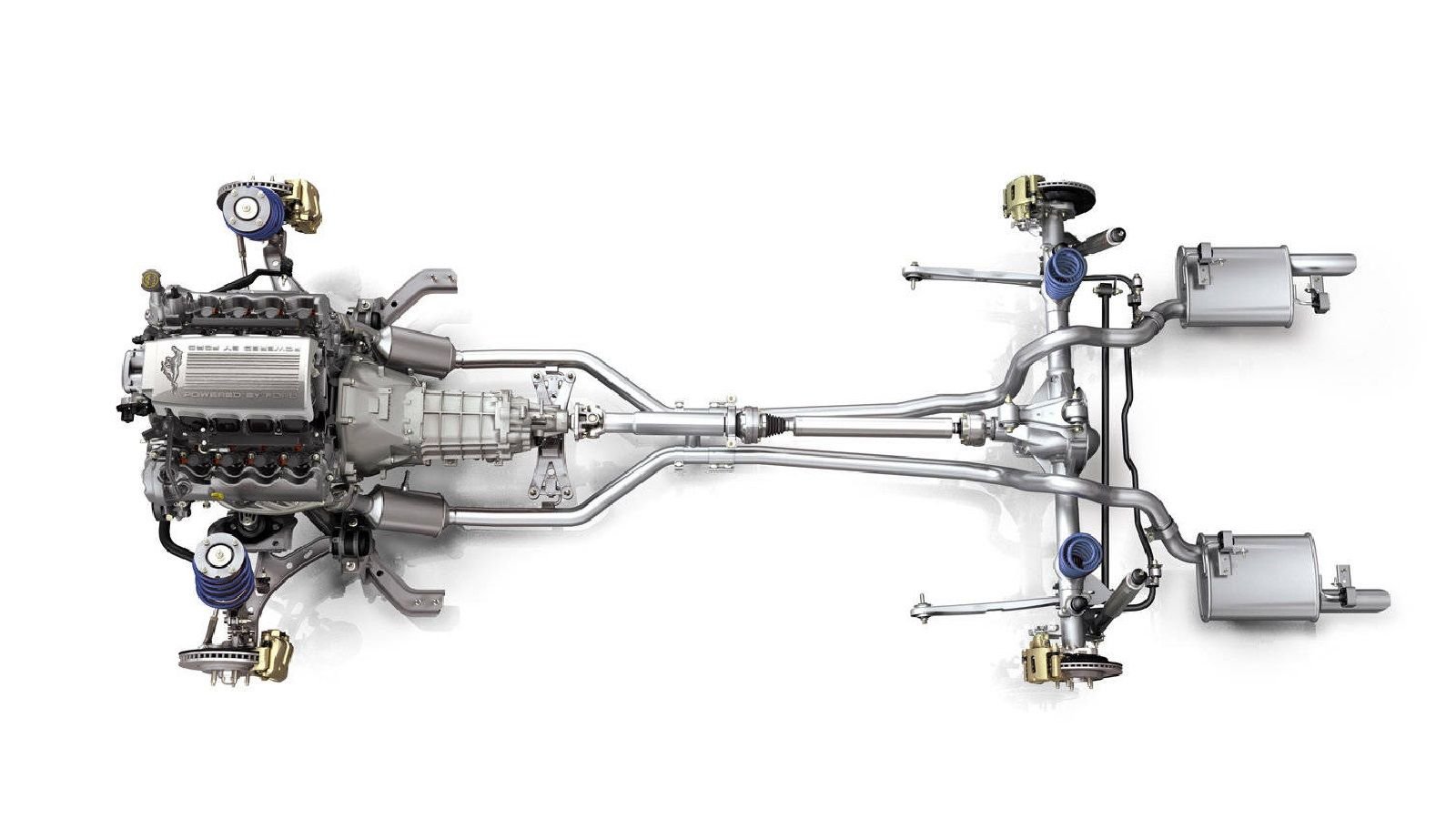Slideshow: What is Torque and Why is it Good for You?
Bench racers and automotive journalists around the globe often love to gloat about the torque figures that a particular car produces, but what exactly is this mysterious force?












Talkin' Bout Torque
Horsepower and torque figures are casually thrown around in the auto industry in order to impress us (the consumer) of a particular vehicle's performance whether it be an attempt to sell the latest and greatest cars, or simply stagger folks with how 'powerful' something truly is, but for many individuals, these are just numbers on paper. What is this puzzling force known as 'torque,' how does it play into a car's performance, and are torque figures important enough that you should consider them when purchasing your next vehicle?
Work, Energy, & Power
Torque, often measured in pound-feet, is defined as a twisting force that causes an object to rotate. For the purposes of our discussion, torque is the rotating force produced by an engine's crankshaft as a result of the energy expelled from the combustion chamber(s). Torque and horsepower are intrinsically tied together as torque is considered as the ability to perform work whereas horsepower is how rapidly said work is accomplished. Without getting too scientific, horsepower is the product of torque and is determined by measuring the torque and revs (RPM) to calculate what an engine's horsepower figure is.
>>Join the conversation about the torque and why it's awesome right here in The Mustang Source.
Math and Motors
The mathematical calculation for horsepower is torque (pound-feet). Thus an engine can achieve greater horsepower numbers by producing a greater amount of torque, spinning faster to reach higher RPM or a combination of both. Generally speaking, a combination of the above factors is how we often see completely different engine sizes and configurations producing similar horsepower numbers, yet may have wildly different engine characteristics that greatly affects the way they drive.
>>Join the conversation about the torque and why it's awesome right here in The Mustang Source.
Manipulating The Curve
Engine design plays a huge role in torque production and the way an engine behaves, with the most evident example being a naturally-aspirated engine versus one utilizing forced-induction. Generally speaking, an NA engine is typically more responsive and will deliver more torque immediately upon request, but tends to have a sharper peak that cannot be sustained as long as a forced-induction motor. A forced-induction engine often has a fatter torque curve that is spread across the rev range but does not achieve the same peak RPM as the NA motor. It does not necessarily need to do so since the extra torque can accommodate taller gearing without limiting performance.
>>Join the conversation about the torque and why it's awesome right here in The Mustang Source.
Gearing For Grunt
The engine alone is not wholly responsible for delivering the torque to the pavement. Torque output is determined by a combination of the transmission gearing, axle gearing, and even tire diameter. Gearing magnifies the engine's torque through reduction ratios which essentially reduce the effort required to move the car. Specific ratios in the transmission coupled with the correct final drive ratio dictate the low-end grunt that the car will have as well as the ultimate top speed that can be achieved. We are seeing modern vehicles now utilize 8,9, and even 10-speed transmissions to keep the engine in the meat of its torque curve for improved performance, but also allow for taller gearing in the highest of gears to meet fuel and emission standards.
>>Join the conversation about the torque and why it's awesome right here in The Mustang Source.
Torque Thirst
We are just scratching the surface of the science known as engine torque, especially since so many factors play a role in how it is delivered when driving your car. The funny thing is that torque is power, so unless you have torque, you technically have no power! As for the feeling of torque, many describe it as the force that pushes you back into the seat when you mash the accelerator pedal or the force that helps your car launch off the line and drive out of corners. In today's vehicles, torque figures are definitely something that should be considered but are not the be-all and end-all because similar performance figures can be achieved with vastly different engines that produce various levels of torque. The most important factor when choosing a vehicle is selecting the one that feels and performs the best for you. That said, folks tend to really enjoy the feeling of an engine that produces big torque numbers...
>>Join the conversation about the torque and why it's awesome right here in The Mustang Source.
For help with your repair and maintenance projects, please visit the how-to section of our sister site, Mustang Forums.
